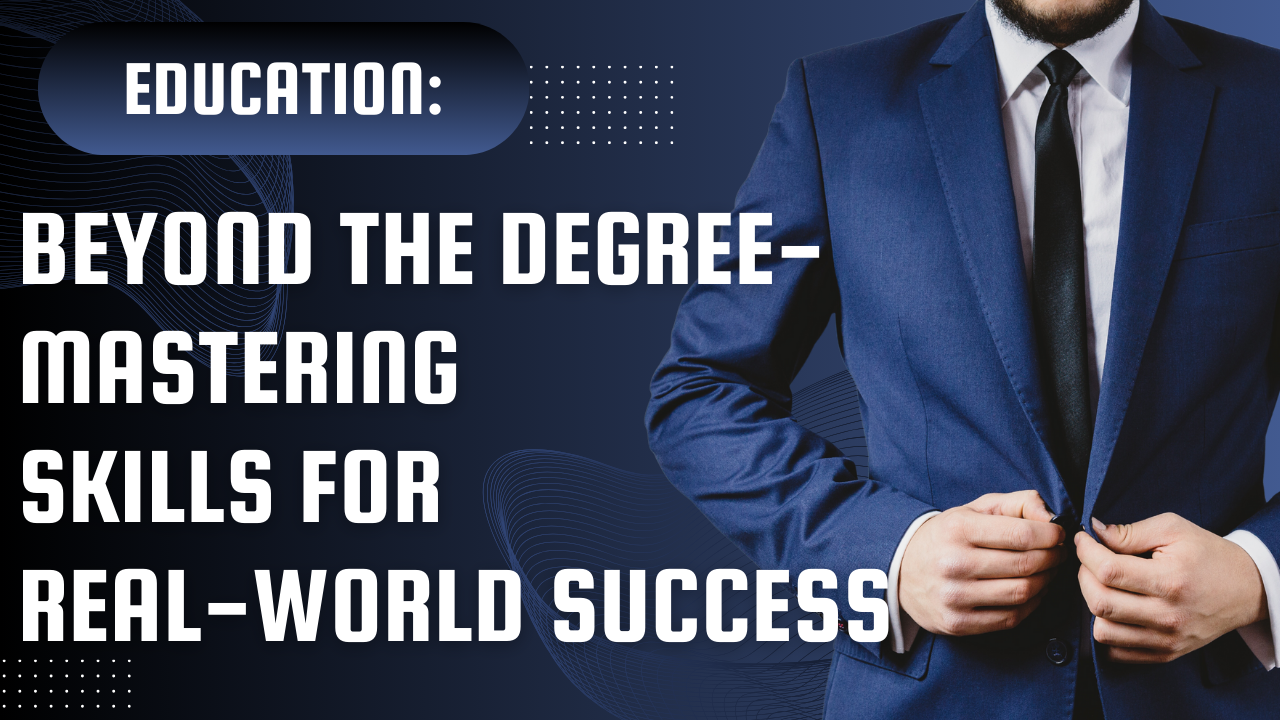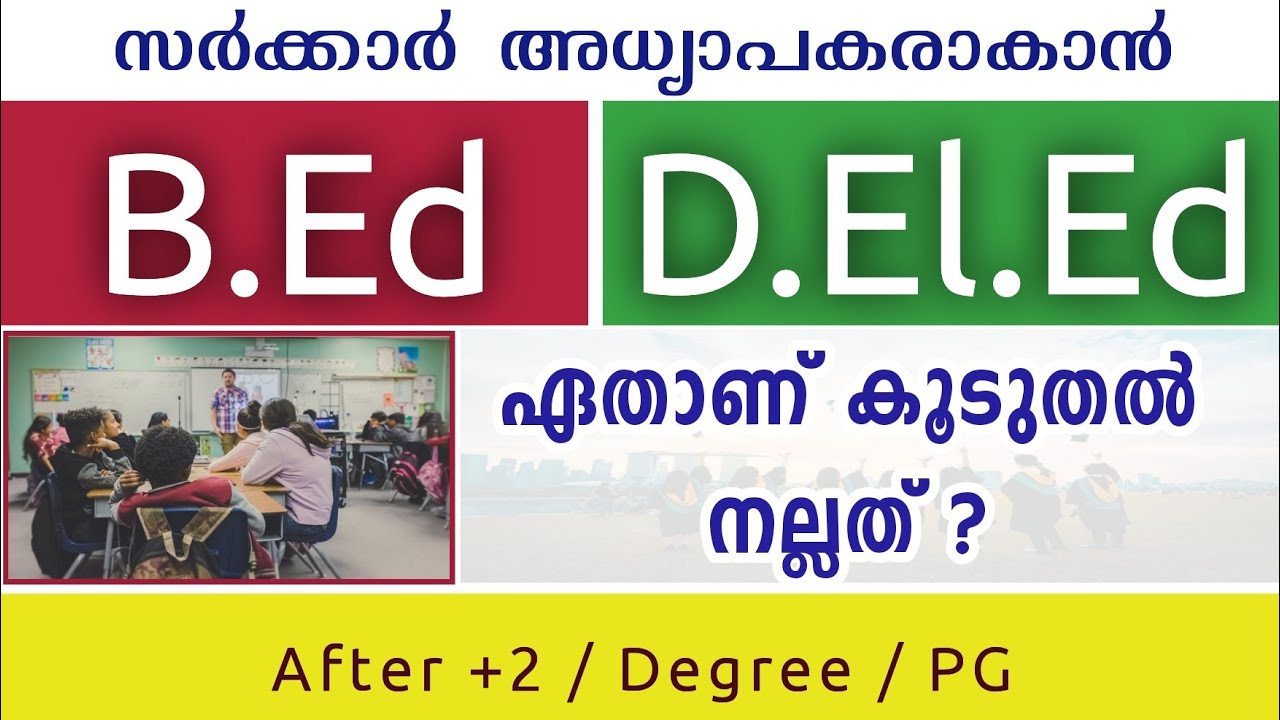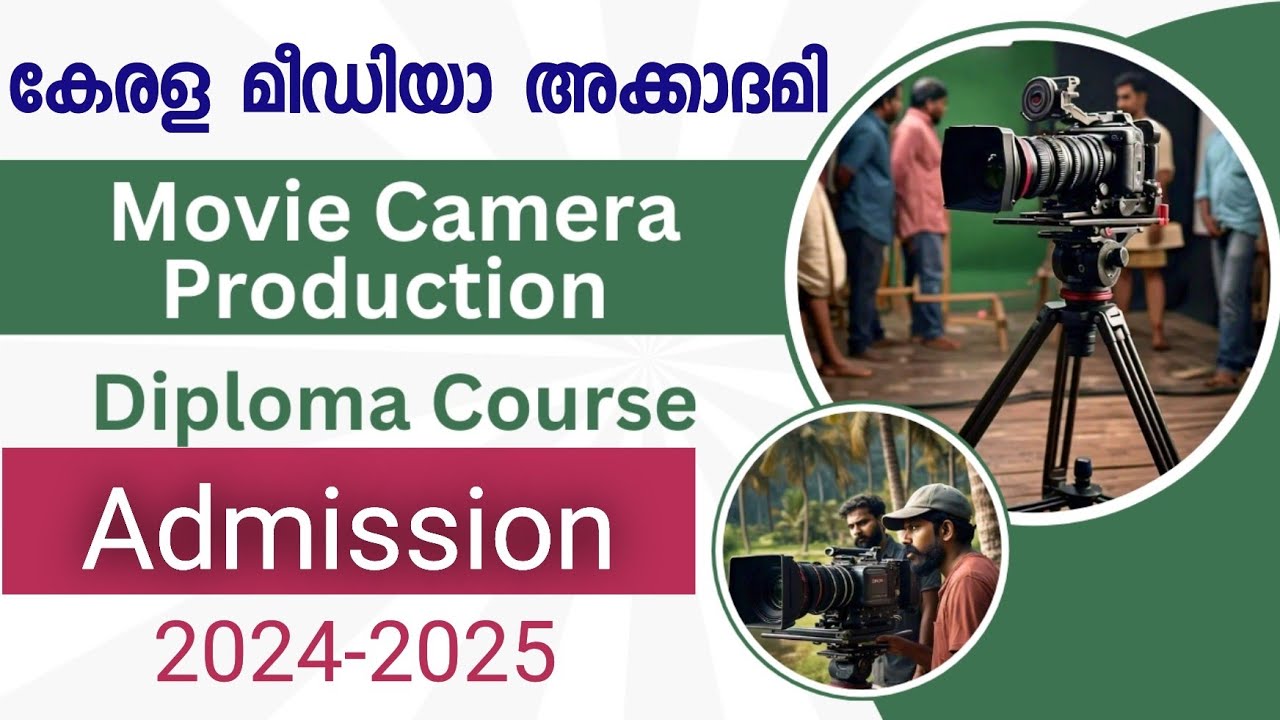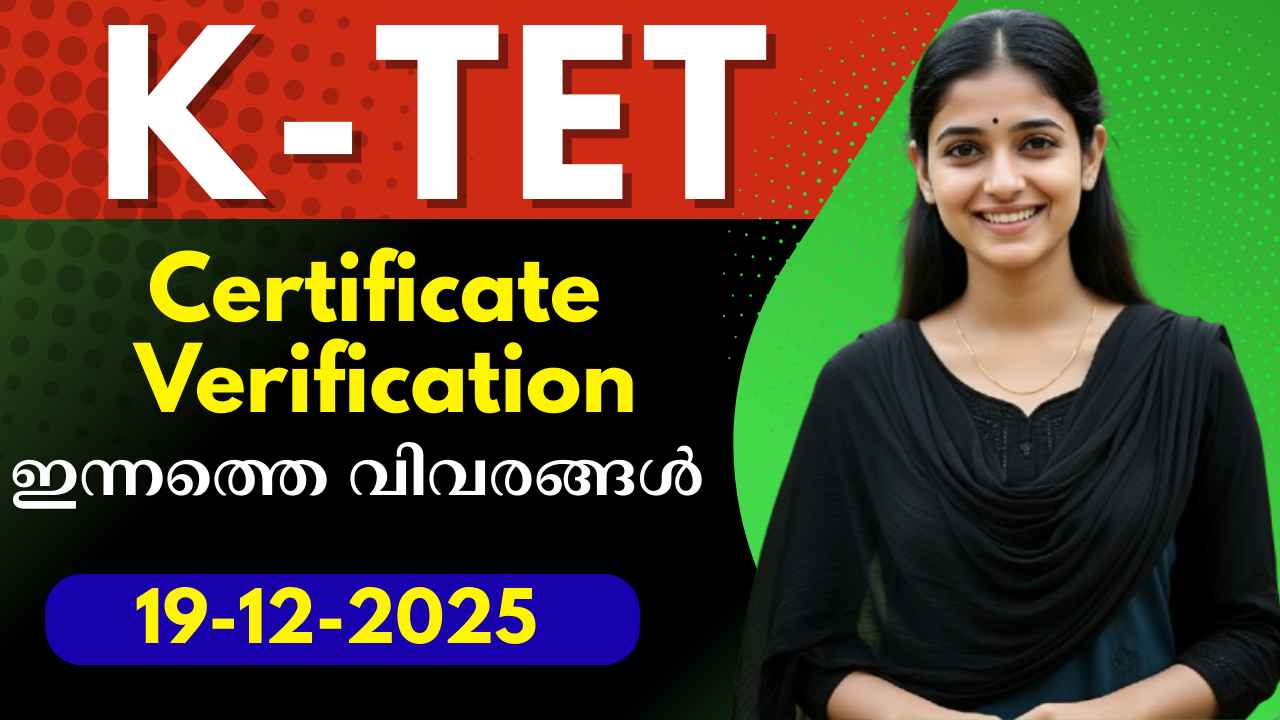Education: Beyond the DegreeГўвӮ¬вҖқMastering Skills for Real-World Success

Education is undeniably a crucial element in the world. Without it, progressГўвӮ¬вҖқboth as individuals and as a societyГўвӮ¬вҖқbecomes incredibly challenging. However, while education is often seen as the primary path to success, it is important to acknowledge that some individuals have excelled in life without formal education. These people often possess extraordinary talents in fields such as arts, sports, or entertainment, which have propelled them forward. But for the majority of people, proper education remains essential. In the absence of exceptional talents, education can equip us with the skills and knowledge needed to succeed in our chosen paths.
Several decades ago, perhaps 30 or 50 years back, not everyone had access to even basic education. During that time, those who were educated had more opportunities. They could secure better jobs, start businesses, and elevate their social status because education was rare. Very few people received higher education, such as a degree or post-graduate qualifications, making educated individuals stand out and granting them access to numerous opportunities.
In contrast, today's world has seen a dramatic shift. Almost everyone receives basic education, and a higher percentage of people have access to higher education like diplomas or degrees. However, the abundance of educated individuals has led to more competition for jobs and other prospects. With more people achieving the same level of education, the competition for jobs and opportunities has intensified. It is now clear that simply being educated is not enough. We must also be equipped with practical skills that allow us to apply our education effectively.
For example, if you're a commerce graduate, you should be capable of managing tasks like maintaining an account book, making journal entries, and preparing ledgers. Similarly, if you have a degree in computer science or applications, you should know how to develop websites, create software, or solve technical issues. Likewise, an English graduate should be able to communicate effectively, draft professional emails, letters, and other documents. It is no longer sufficient to simply have a degree; you need to demonstrate that you can use your education in real-world situations.
Thus, education should not just be about acquiring theoretical knowledge but also about learning how to apply that knowledge in real life. We need to focus on developing the skills relevant to our fields, as this will create more job opportunities and even empower us to manage our own businesses. Ultimately, education is the key to success, but we must also ensure we are well-equipped with practical skills to thrive in our careers.
Education Success | Practical Skills | Degree vs. Skills | Real-World Application | Career Growth | Higher Education Opportunities | Edusoft Malayalam | Practical Knowledge | Job Market Skills | Academic vs. Practical Education | Skill Development | Educational Trends | Professional Skills | Education and Career Success | Skill Enhancement







